Nottingham and Berlin Classics exchange – “Q-Kolleg”
September 12, 2016
This week saw the conclusion of this round of Q-Kolleg, an international study initiative between the University of Nottingham and the Humboldt Universität zu Berlin based around the visual culture of Classical antiquity. Participants from the Department of Classics at Nottingham were partnered with students from the Winckelmann-Institut, and they engaged in a two-semester programme …
A Reign of Terror
January 20, 2015
As part of the Nottingham ‘Anniversaries through Coins’ project, Larissa Ransom describes how, on this day, 20th January 175AD, Commodus was enrolled into all sacred colleges as priest Commodus (Caesar Marcus Aurelius Commodus Antoninus Augustus) was born on 31st August 161AD to Marcus Aurelius and his wife, Faustina the Younger. He was the sole surviving …
Res publica restituta?
January 16, 2015
As part of the Nottingham ‘Anniversaries through Coins’ project, Matthew Myers describes how on this day, the 16th January in 27 BC, Octavian became Augustus. Following the defeat of his former ally Marc Antony and the Egyptian queen Cleopatra at the battle of Actium in 31 BC, Octavian emerged as the victor of civil war …
Caesar Crosses the Rubicon!
January 10, 2015
As part of the Nottingham ‘Anniversaries through Coins’ project, Michael Welbourn reports how, on this day the tenth of January, in 49 BC, Julius Caesar crossed the river Rubicon and precipitated the final crisis of the Roman republic. Tracing the roots of this momentous decision requires us to go back eleven years to 60 BC. …
Drama or History?
December 15, 2014
Victoria Moore, a part-time student on the MA in The Visual Culture of Classical Antiquity, reflects on her experience of The Coronation of Poppea by Monteverdi, performed by Opera North at the Royal Theatre, Nottingham. I have to say that I am not familiar with any of Monteverdi’s operas, so my main expectation was of …
Julian ‘the Apostate’ Comes to Power
December 11, 2014
As part of the Nottingham Anniversaries through Coins project, Robert Stone describes how on this day, 11th December, in 361, the last pagan emperor Julian II (also known as Julian the Apostate) entered Constantinople as the sole ruler of the Roman Empire. Following the death of Constantine I (337), the Empire was divided between his …
On (Not) Spoiling the Medea
November 29, 2014
Lynn Fotheringham reflects on the National Theatre’s recent production of Medea. In 2007 there was a new film-adaptation of Richard Matheson’s 1954 novel, I am Legend. Two previousversions had failed to justice to the original twist-ending, which chillingly inverts the roles of the vampires/zombies and their hunter. I knew in my heart of hearts that …
The Lex Titia…
November 26, 2014
As part of the Nottingham Anniversaries through Coins project, Mike Welbourn describes how, on this day, 26th November, in 43 BC, the lex Titia was passed at Rome. By this law a board of three men was given complete control over the Roman state. The lex Titia turned Rome into a de facto dictatorship, and …
We have two blog entries today, both from doctoral students in Classics: in the first, Peter Davies, reflects on the legacy of the poet Simonides’ words in commemorating the fallen…
November 11, 2014
After the battle of Thermopylae – immortalised by Herodotus and, in our own time, given new fame by Snyder’s epic 300 – the Lyric poet Simonides wrote an encomium for the Greek dead. In 1838 John Sterling would translate some of his words thus: Of those who at Thermopylae were slain, Glorious the doom, and …
Enjoying Receptions of Athenian Tragedy
November 2, 2014
Larissa Ransom, who is studying for an MA in Classical Literature, has recently seen Pilot Theatre’s Antigone, National Theatre Live’s Medea and Broadway Theatre Archive’s Antigone. Here she muses on how this has changed her thinking about Greek tragedy… It is commonly believed that much of a book is lost when turned into a …


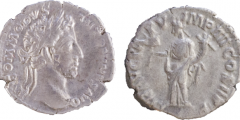
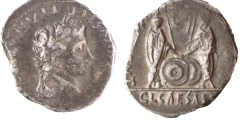
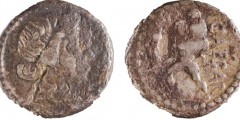
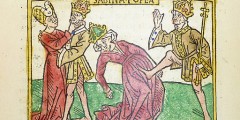
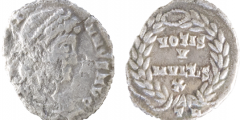
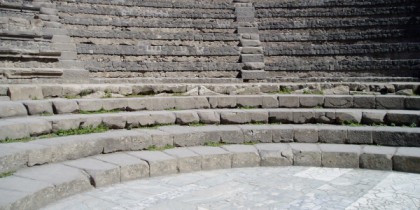


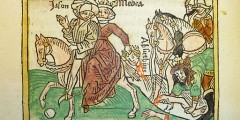
Recent Comments